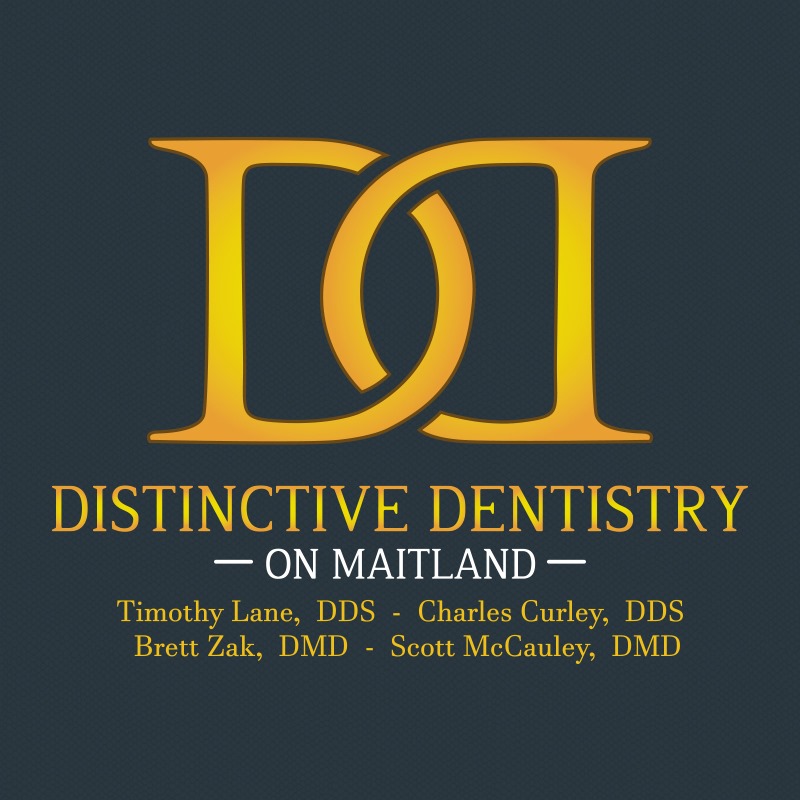Dental phobia or fear of the dentist is a common condition that affects many people, and it causes them to avoid going to the dentist. Dental anxiety can cause people to delay going to the dentist, which can lead to dental issues.
Discuss your dental fears
It is important to discuss your fears before undergoing any dental treatment. Your dentist can discuss your fears and reassure you about them. When speaking to the dentist about your discomfort, be specific about what makes you feel anxious. That way, you can get tips and advice on how to overcome those fears. For instance, if the sound of a drill bothers you, the dentist can let you know that it will only be used for a short period of time and then switched out with a soft tool.
Agree on a signal
It’s common for patients to feel uncomfortable at the dentist’s office due to a number of factors. Some of them include the sound of the drill, the proximity of their cheek to the suction tube, or the smell of chemicals used to clean the teeth. If you feel nervous, tell your dentist about it and agree on a signal beforehand. This way, you can inform your dental hygienist that you need a break. The signal should be something simple so that your dentist doesn’t confuse it with something else. For example, you can simply raise your hand to indicate you need a short break. You can also nod your head or raise your eyebrows to indicate that you’re uncomfortable and need to take a break.
Take a friend or family member with you
It’s perfectly normal to feel nervous before a dentist appointment, but bringing a friend or family member along can help prevent you from feeling alone and awkward in the dentist’s chair. Your friend or family member can distract you during your appointment, helping to ease your tension. They can also help you remember the things you are supposed to talk about with your dental assistant or dentist. They can even tell you if you need to speak up!
Have a distraction with you
If you’re feeling anxious during your appointment, bring your phone or some headphones to listen to some music. You may also bring your book or magazine to read in case your dentist is running behind. This will give you some time to relax and ease your anxiety. If your child becomes frightened at the prospect of sitting in the dentist’s chair, having his favorite toy with him can help him cope with his anxiety.
Ask for sedation dentistry
There are two different types of dental sedation you can use to relax during a dental procedure. The first is nitrous oxide, which is also called laughing gas. It is inhaled through a mask that is placed over your nose. Nitrous oxide allows you to feel relaxed but conscious during your dental treatment. The second type of sedation is oral sedatives, which allow you to be in a more relaxed stage.
To find out more about the dental services we offer at Distinctive Dental on Maitland, call (407) 830-9800 or schedule your consultation online. You can also visit us at 609 Maitland Ave STE 1, Altamonte Springs, FL 32701.
More Blog Posts
Office Hours
MON - TUE7:00 am - 3:00 pm
WED7:00 am - 5:00 pm
THU7:00 am - 3:00 pm
FRI8:00 am - 12:00 pm
SAT - SUNClosed











